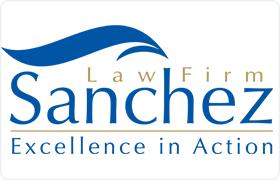Orchard Eminent Domain Lawyer, Texas
Sponsored Law Firm
-
 x
x

Click For More Info:
-
Sanchez Law Firm
150 W. Parker Rd. 3rd Floor Houston, TX 77076» view mapReal Estate Excellence In Action
We advocate for our clients in and out of court. When you and the system meet head on, you need an attorney who is experienced, credible, and active.
800-785-3351
Ronald Holt Thrash
Eminent Domain, Litigation, Dispute Resolution, Securities
Status: In Good Standing Licensed: 26 Years
 Benjamin Sanchez Houston, TX
Benjamin Sanchez Houston, TX Practice AreasExpertise
Practice AreasExpertise
